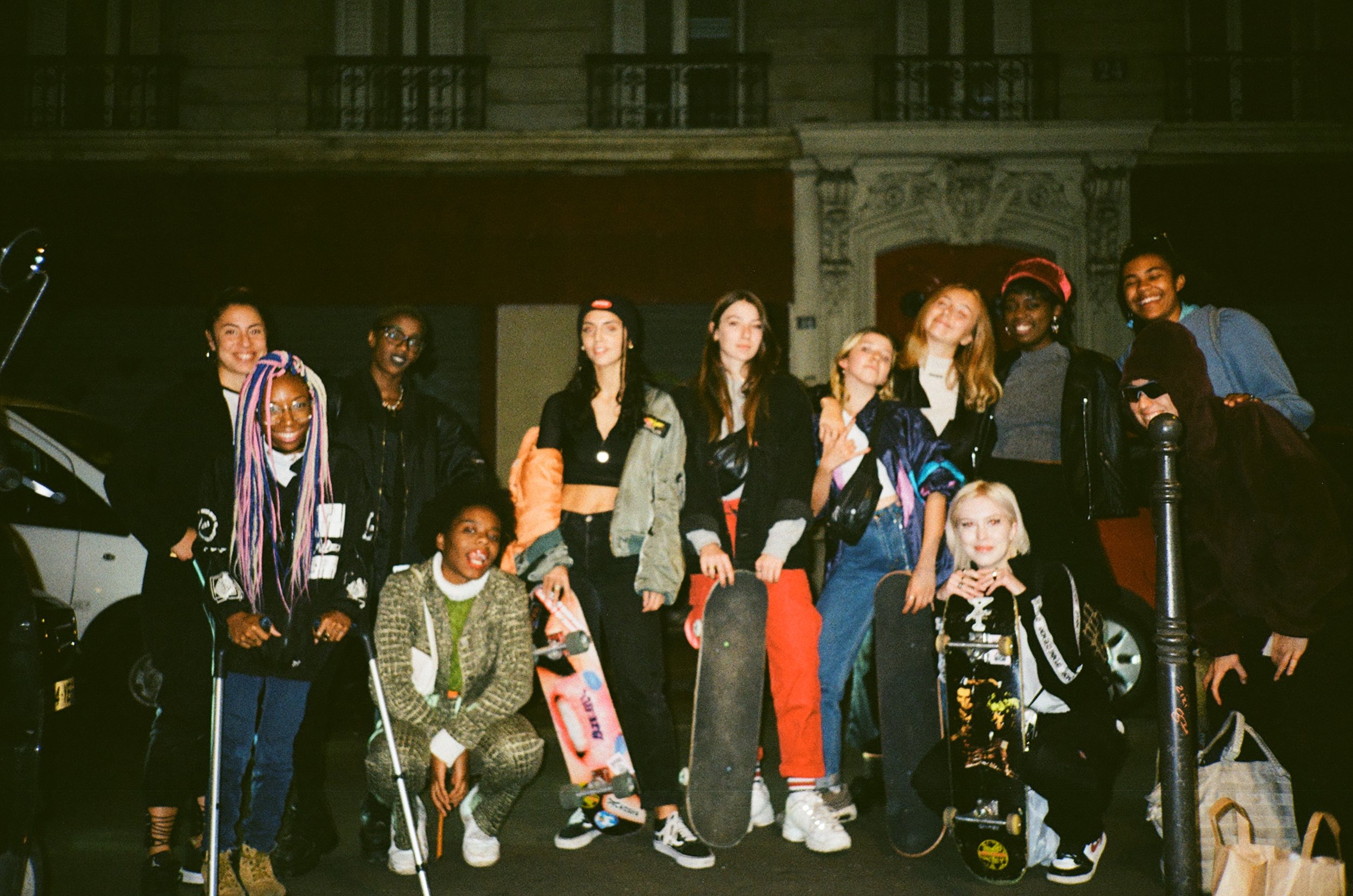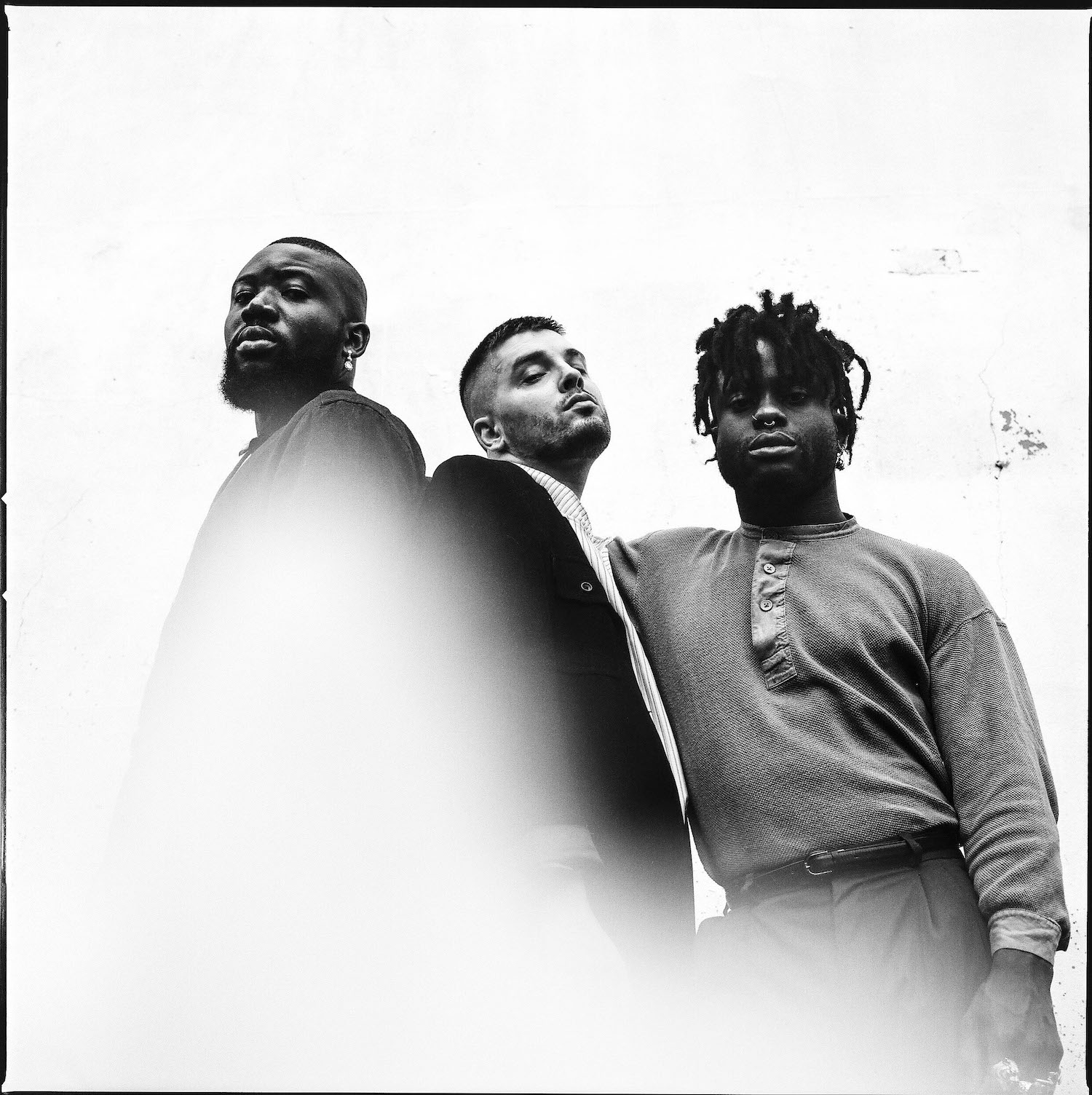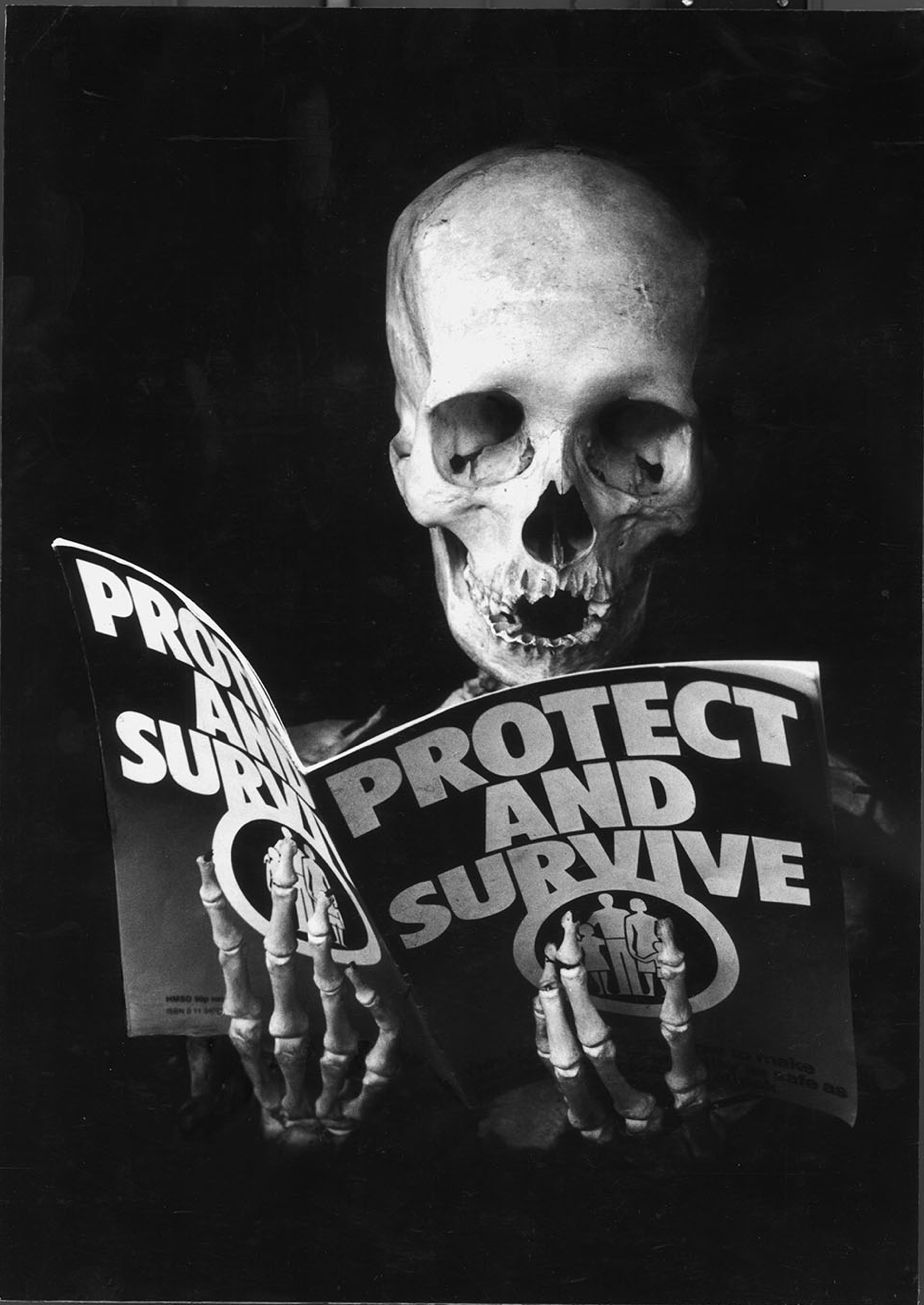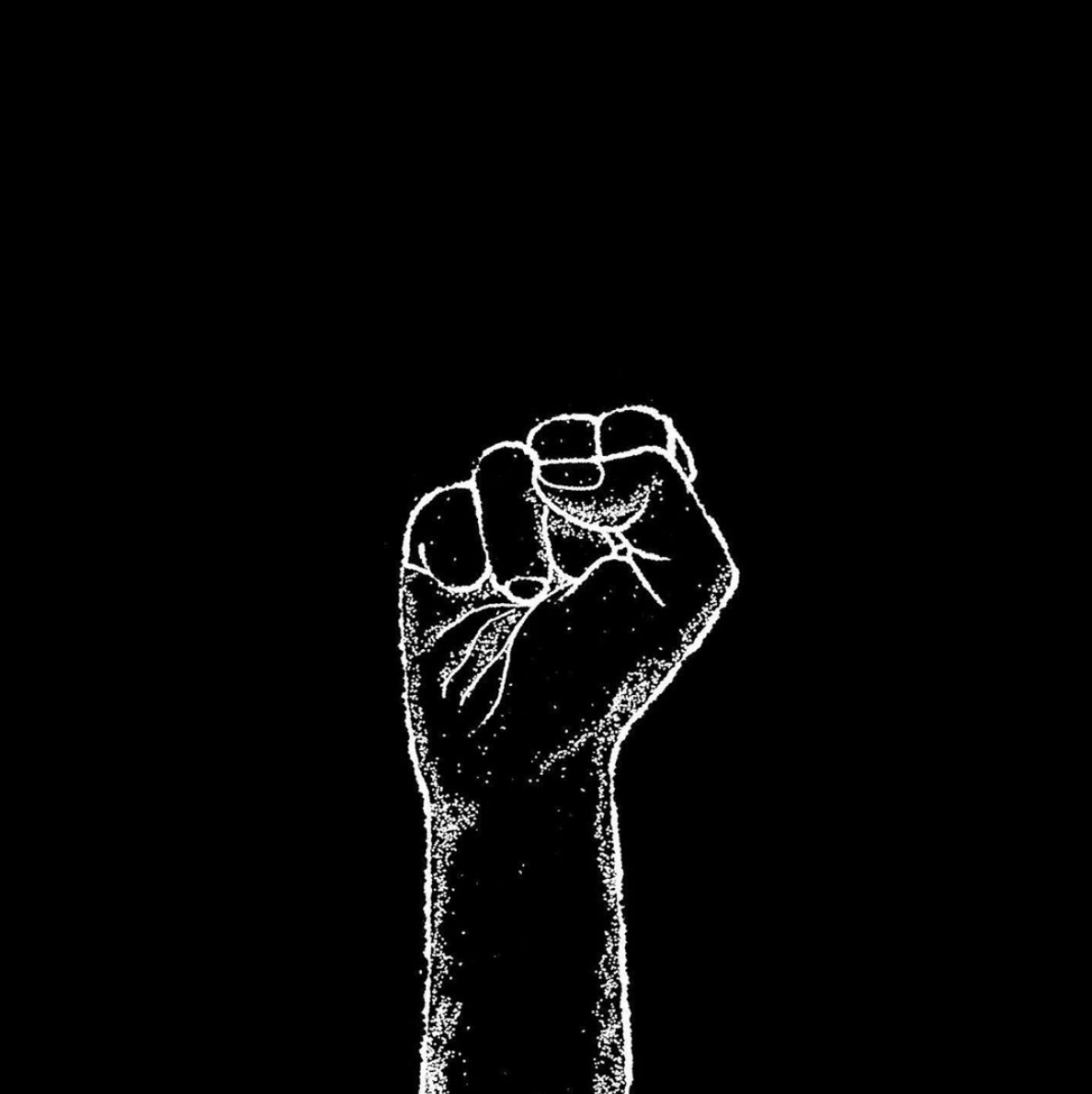Radical Poptimism: BTS
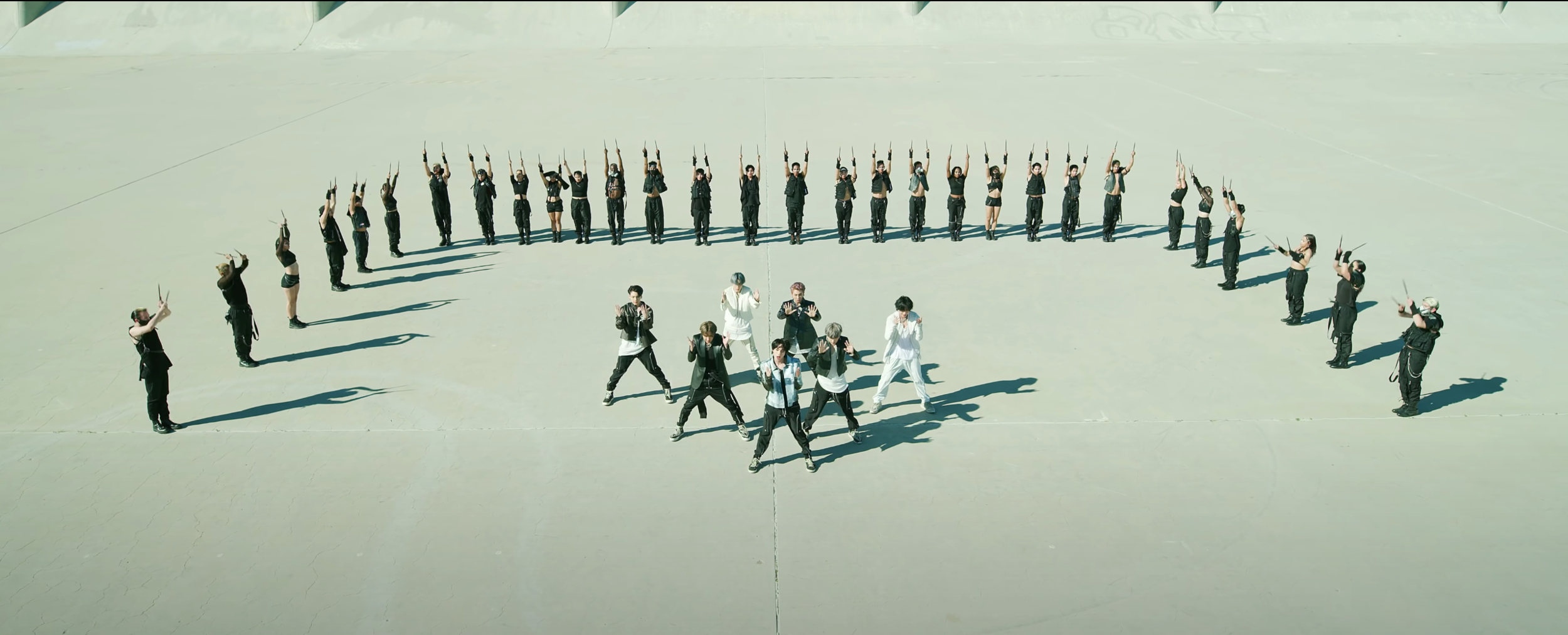
When K-pop band BTS donated one million dollars to Black Lives Matter, their fandom matched the money in a day, while they and fans of other K-Pop bands neutralized rightwing hashtags and police apps by flooding them with pop videos and memes. Colleen Nika detailed the subversive history of BTS in our latest issue, writing a tribute to them as the most disruptive, wonderfully radical band in pop…
Words by Colleen Nika / Get Issue 21 HERE
BTS: the most-talked-about band on Earth. The most misunderstood band on Earth. The band you’re missing out on. Yes, they’re a Korean seven-member boy band. But also the most unexpectedly disruptive, radical thing the pop world has seen since M.I.A. The impact of BTS, commercially, critically and culturally is hard to overstate. Their sales are enormous: over 15 million albums sold since 2013, most of them coming in the past two years alone, when their global popularity exploded. Their current album, the Jungian-tinged Map Of The Soul: Persona is the best selling album of the year globally, hitting the 4 million mark in only a few months. They are the most popular band in Trump’s America, singing almost entirely in Korean, yet scoring their third #1 album in under a year, a feat not achieved since The Beatles. They’ve sold out Rose Bowl, Wembley and other historic stadiums in record time. I could fire off statistics all day; it’s tempting when they are so singular in scope. Anyway: BTS is THE zeitgeist, and for good reason. They — and their incredibly engaged, organized fanbase, ARMY — are forcing Western gatekeepers to evolve or get left behind.
My own entry point came through repeated subconscious exposure to their name on Twitter and other social platforms and, eventually, their braggadocio-fueled rap anthem Mic Drop (so-named for Obama’s infamous speech ending gesture in 2016). Obscenely sharp and catchy, it was a subtle fuck you to their haters and cynics, while also a welcome display of the rap line’s ability to spit rapid-fire rhymes — rare in this age of xanny slur trap. I admitted I was impressed, especially when I realized the song had taken over US iTunes and was getting considerable Stateside radio airplay (sure, it was via a tweaked Steve Aoki and Desiigner-assisted remix, but still radical stuff alongside Marshmello and Shawn Mendes). So, a decade after “Paper Planes” snuck onto Top 40 radio and turned it upside down, a Korean group was infiltrating the system...singing IN Korean. This was something fresh and exciting and... unsanctioned. I became curious about what else these young disruptors had up their sleeve. And down the rabbit hole I went.
Soon, I was in a whirlwind of discovery on YouTube. I learned their names and roles in the band, which I later learned is ARMY code for a point of no return. (By the way, they are: rapper/producers Kim “RM” Namjoon, Min “Suga” Yoongi, Jung “J-Hope” Hoseok and vocalists Kim “V” Tae-hyung, Kim Seokjin, Jeon Jung-kook and Park Jimin.) All members are between 21 and 26 and intimidatingly creative. They all dance and compose; some also choreograph, shoot film and design. Signed to the indie-turned-major Seoul label BigHit, they also collaborate with a larger in-house team of producers, cinematographers, and creative directors. Video viewing is paramount to appreciating BTS, who take the medium more seriously than any artist since MTV’s heyday, and in fact, have helped inspire Western artists to get their shit together visually again. As with anything annoyingly good, I felt the need to research what I was experiencing, which only got more complex as I Googled. A pop group as inspired by sci-fi as Grimes is? Lyrics and video treatments inspired by Hermann Hesse’s Demian? A video (“Spring Day”) paying tribute to Le Guin’s The Ones Who Walk Away From Omelas? Haruki Murakami references galore? And that’s the tip of the literary iceberg (look up the Bangtan Universe to unlock a Marvel-esque labyrinth of surprises and twists that still unwind to this day). It was all terribly clever, sophisticated and unprecedented. Raised on spiky outsider pop made by underdogs, I was sold.
Fair or not, no one expects a boy band to shake things up too much. N*Sync and Backstreet Boys may have moved the commercial needle for teen acts during the Y2K Orlando Pop explosion, but hardly were expanding horizons philosophically or musically. BTS stands out from those acts of the past, as well as from any kindred spirit today, except maybe Brockhampton, the similarly adventurous post-boy band collective. But parallels are to be found with earlier pop and hip-hop rulebreakers. The intricate storytelling prowess shown in songs like Blood, Sweat & Tears and Fake Love recalls existentially anxious pop poets Pet Shop Boys; other British influences like garage and 90s acid jazz appear on recent albums on songs like Trivia: Just Dance and 134340 respectively. Meanwhile, BTS’s past work as an underdog hip-hop crew evokes hip-hop legends Wu-Tang Clan, where every member held their own superpower —— or even shapeshifters Kool Keith and DelTron 3030, the mind-bending rap artists who made mythology, worldbuilding and alternate universes vital to their expression. On that note: let’s not forget Gorillaz, whom DelTron’s Dan the Automator helped bring to US urban airwaves. In fact, I especially see links to Gorillaz, the only other genre-defiant band in the past 20 years who have a universe that could also be a graphic novel or movie. I have actually described BTS as a futuristic Gorillaz to people who otherwise may hold unfair presumptions. Jamie Hewlett, breathe if you know exactly what I mean.
But beyond the impressively intellectual bent to their work, there’s also seven guys going through the existential pains of youth. Many who love BTS relate to the band’s underdog struggle and connect to their OG guts and soul: social discontent. Fueled by a need to voice the concerns of youth, BTS critique class inequities and societal pressure through a specifically Korean lens, quintessentially in early songs like No More Dream, Dope and Silver Spoon (Baepsae). “The most important theme in their music is about frustration among young people living in this society,” says music critic Kim Youngdae, who has written extensively on BTS. “Insufferable socioeconomic inequality, a dysfunctional educational system that takes away dreams of youth, and a society that forces ‘effort’ as the only solution.”
“BTS doesn’t scream and provoke; they politely, artfully resist.”
After enjoying frequent conversations with ARMY on Twitter, I was able to go a little deeper this summer and tried to hear directly what’s resonating most with them, lyrically and beyond.
“I wasn’t in a great place when I became ARMY,” wrote Sonya Walker, an 18-year-old fan from California. “Having music that makes you feel a little less alone helped me a lot. The more I listened, the more their message resonated. I then ‘faced myself.’ I seriously thought about what I was doing in life and I realized I hadn’t really been living. I was following the normal path society sets and it was making me completely and utterly miserable. I didn’t do something because I wanted to, I did it because it’s what I was told I was supposed to do. After that, I completely changed my plan in life.”
Credit: Bangkok Post
BTS doesn’t scream and provoke; they politely, artfully resist. Hence a song like 2017’s “Go Go,” a reggae-tinged pseudo-party track that is actually a critique on the financial desperation of the Millennial, trapped in a fruitless cycle of spending and nothingness. (Sample lyric: “There’s no tomorrow; there’s already a mortgage on my future.”) The band Millennials themselves, the track implores empathy to anyone listening close enough to get it. “It’s not their choice, but brutal reality that forces people to live and spend as if there’s no future,” says RM, who also acts as band leader.
“They were questioning the modern social contract that says if you go to school and work hard, you'll automatically have a nice life. ‘Silver Spoon (Baepsae)’ says that contract is broken for the young,” writes Cincinnati-based fan Chris Collins, 43, over email. “‘Spinebreaker’ says it's broken for our parents, too.”
With BTS, the personal, too, is political. They’ve spoken of their support for LGBTQ+ rights, extremely rare for a Korean artist, and offer something of a safe haven for fans of all sexual orientations and gender identities. (Pride flags are a common sighting at BTS shows.) Mental health topics — also taboo in Korea — are no stranger to the band’s material and are especially relevant within the solo work of Min “Suga” Yoongi, who records under Agust D. “His song “The Last” is very impactful,” says Sonya Walker, an 18-year-old fan from California. “The song starts with him talking about his struggles with mental health issues, including social anxiety, depression, and self-hatred. In South Korea (and most of the world), there’s a stigma around mental illness. Many people are afraid that they’ll be seen as ‘weird’ or ‘broken,’ so to have an artist like Suga be completely open about his struggles is honestly revolutionary.”
They’re more candid than most, for sure, but it’s not all doom and gloom either — this isn’t the 90s. They survey what’s wrong but instead of apathy, they forge strength. “Pop music tends to glorify or romanticize depression and frustration, and would not offer any healthy and constructive solutions,” says Kim. “Optimism is often considered to be naive. However, BTS' music does not move toward defeatism, but always sees hope in frustration and reveals its will to change people and society. I think it moves fans.”
“BTS are a band who acknowledge that our future feels stolen. The generations who connect to that reality. Both uniting within the promise that music, empathy and activism can, somehow, still win.”
Life’s a bitch but you try anyway. Loneliness is not a death sentence. The only way out is through. Pop stars insisting it gets better can register as hollow (see: Katy Perry) but BTS eschew the pugilistic ugly duckling-to-swan redemption tale of American artists and, in the recent Love Yourself and Map Of The Soul album series, instead find a zen-like serenity — and worth — in the plight of the ugly duckling itself. “I think they're still talking about that big picture social contract, but from a slightly different lens.” says Collins of the band’s recent work. “How does an imperfect ‘real’ person find their place in this modern ‘fake’ Instagram-perfect-picture world? To say it's okay if you don't have a dream is pretty revolutionary.”
The word ‘revolutionary’ comes up a lot with fans and it becomes more fitting the more you learn. BTS partially owes their disruptive roots to outspoken Korean musical pioneer Seo Taiji, the man who essentially invented K-Pop in the early 90s with his hip-hop unit Seo Taiji & The Boys. Their use of pop as political art on tracks like “Come Back Home” and “Classroom Idea” was dangerously exciting and new for its time. In that era, K-Pop was almost a renegade art form compared to what had then been considered mainstream, a far cry from the slick commercial juggernaut and pop ecosystem it later would become. After BTS released their own take on “Come Back Home” and performed with Taiji in 2017, he literally “passed the torch” to BTS, finding them worthy inheritors of his message. “This is your generation now,” he told them.
It’s a role BTS seems to take to heart beyond just music. As ambassadors to UNICEF, they’ve donated over $1.4 million in album proceeds and spoke at the UN in 2018 to launch Generation Unlimited, a youth-focused global education and employment initiative. Impressively organized and notably diverse, ARMY also veers towards socially conscious endeavors and activism. Organizations like One In An Army have helped raise money for LGBTQ+ refugees in Turkey, raise money for schools, bolster ecological efforts, and help sex trafficking and trauma survivors. Recently, BTS fans trended hashtags worldwide that brought awareness to the horrific fires in the Amazon while American news stayed mute on the issue. In general, they are acutely aware of injustice and are not afraid to speak up on it — including when it comes to confronting music industry gatekeepers with their own xenophobia. One can only hope their energy positively impacts next year’s election. (Yup, I believe they’re that powerful.)
“The international dialogue happening between BTS and their fans is the exact opposite of the toxic brew of ugly Trumpist nationalism happening in the US,” writes Collins. “To me, that's the magical energy that people are seeing and not understanding. BTS has created a virtuous cycle of infectious hopeful optimism that crosses every language, cultural, or age barrier.”
“We really want to make the boys proud and help them spread their message,” agrees Walker. “I run a chapter of the March For Our Lives movement and every single day BTS inspire me to work harder, do more, and be better.”
A band who acknowledge that our future sometimes feels stolen. The generations who connect to that reality. Both uniting within the promise that music, empathy and activism can, somehow, still win. Cynics: you still can try. It’s up to you. “If you can’t run, then walk,” sings BTS. “If you can’t walk, then crawl.”
Author account for the Good Trouble hive-mind.







